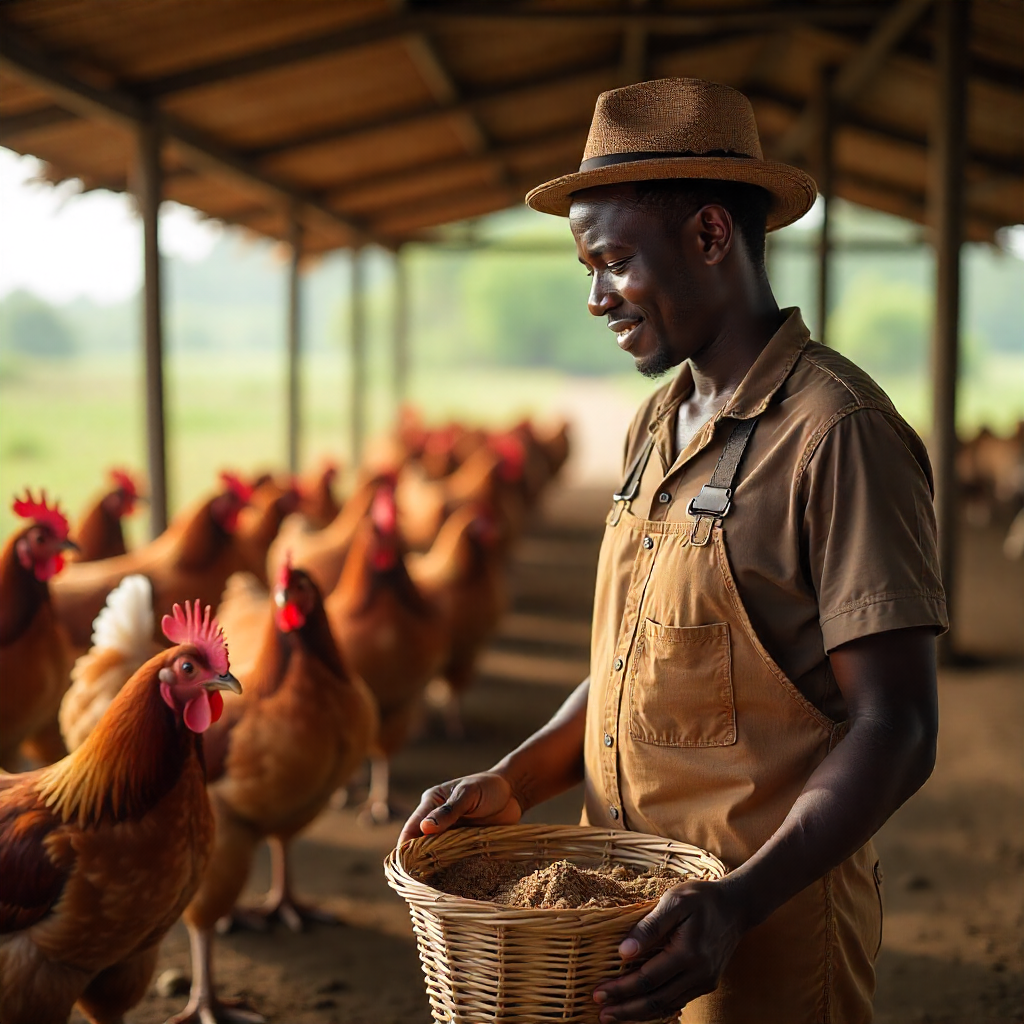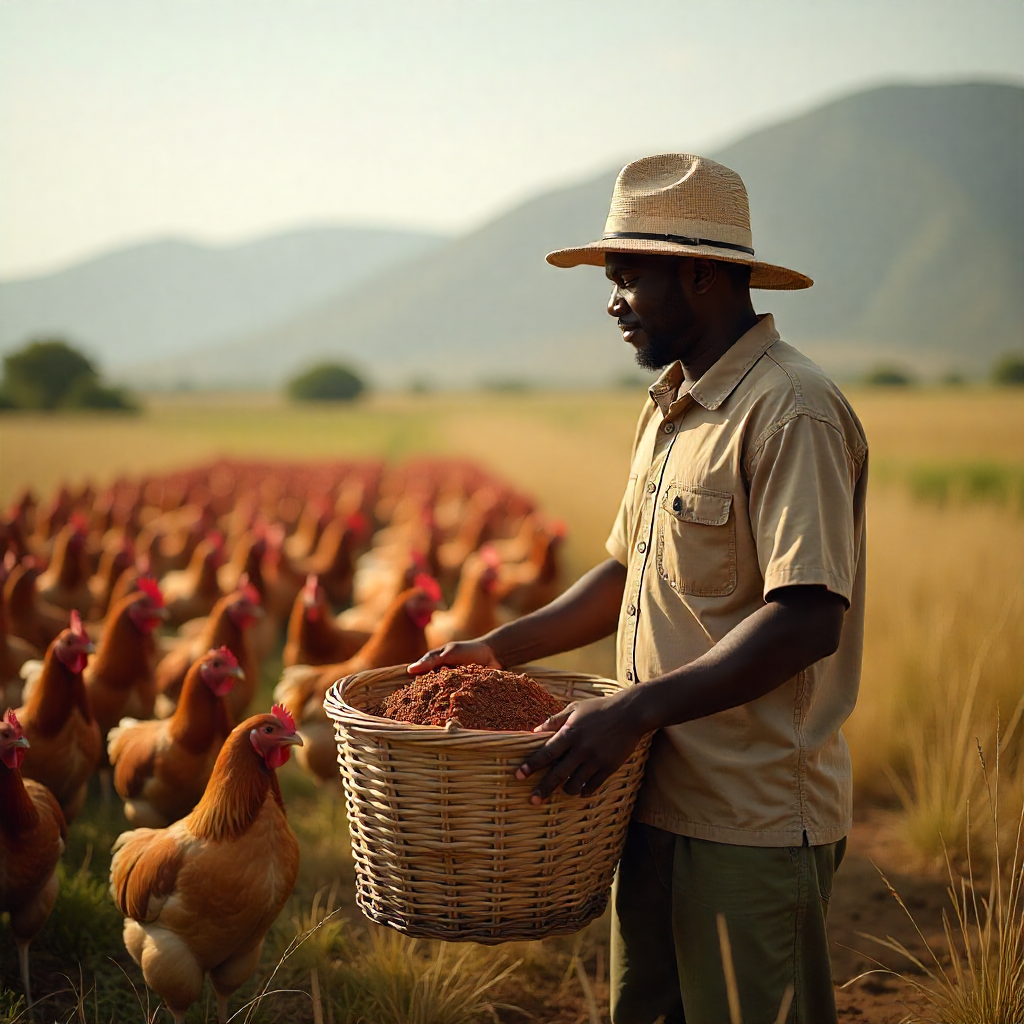Call : +2348070914601
The Journey Begins: A Farmer’s Dream Turned Reality
The Journey Begins: A Farmer’s Dream Turned Reality. It all started with Mr. Ade, a young Nigerian who wanted financial independence. He lived in Kaduna and had always dreamed of running a farm — not just any farm, but one filled with the clucks of chickens and the promise of daily income. After years of hesitation, he finally decided to start his poultry farming journey, and today, his story is an inspiration to thousands across Nigeria.
Poultry farming is one of the most profitable agribusiness ventures in Nigeria. From fresh eggs to live birds and processed chicken, the demand never sleeps. Yet, success in poultry is not by chance — it’s by strategy, planning, and mentorship.
Understanding Poultry Business in Nigeria
The poultry business involves raising domestic birds like broilers (for meat), layers (for eggs), and cockerels (for both). In Nigeria, poultry products are consumed daily — from homes to hotels, bakeries, and fast-food chains. This continuous demand makes poultry farming a goldmine for smart investors who want a steady income.
Whether you’re starting small in your backyard or launching a commercial-scale farm, the key lies in understanding the costs, challenges, and profit drivers of the business.
Step-by-Step: How to Start a Poultry Business
1. Conduct a Feasibility Study
Before you buy your first chick, do your research. Identify your target market, location, and product type (eggs or meat). Knowing who you’ll sell to will guide every other decision.
2. Choose Your Poultry Type
-
Broilers: For meat, ready for sale in 6–8 weeks.
-
Layers: For egg production, lay eggs for up to 18 months.
-
Cockerels: Slower growth but durable and require less care.
3. Set Up the Poultry House
Proper housing protects your birds from weather, diseases, and predators. For every 100 birds, you’ll need at least 20 square meters of space. The pen should be well-ventilated with clean water access and adequate lighting.
4. Buy Quality Day-Old Chicks
The success of your farm depends heavily on the quality of chicks. Always buy from reputable hatcheries. Healthy chicks eat well, grow fast, and resist disease.
5. Feed and Vaccinate Properly
Feed accounts for about 70% of poultry costs. Use quality feeds rich in protein and calcium. Also, follow a strict vaccination schedule — prevention is cheaper than cure.
6. Market Your Products
Don’t wait until your birds are mature before finding buyers. Build connections with egg vendors, restaurants, supermarkets, and hotels. A good network ensures consistent sales and cash flow.
Cost and Investment Breakdown ( Small Scale )
Starting a poultry farm depends on your scale and budget. Here’s a simple guide for a 500-bird layer farm:
| Item | Estimated Cost (₦) |
|---|---|
| Land and housing | 500,000 – 800,000 |
| 500 Day-old chicks | 250,000 – 300,000 |
| Feed for 3 months | 600,000 – 800,000 |
| Vaccination and drugs | 50,000 – 80,000 |
| Equipment (feeders, drinkers, bulbs, etc.) | 150,000 – 200,000 |
| Labor and miscellaneous | 100,000 – 150,000 |
| Total Investment: | ₦1.6 – ₦2.3 million |







